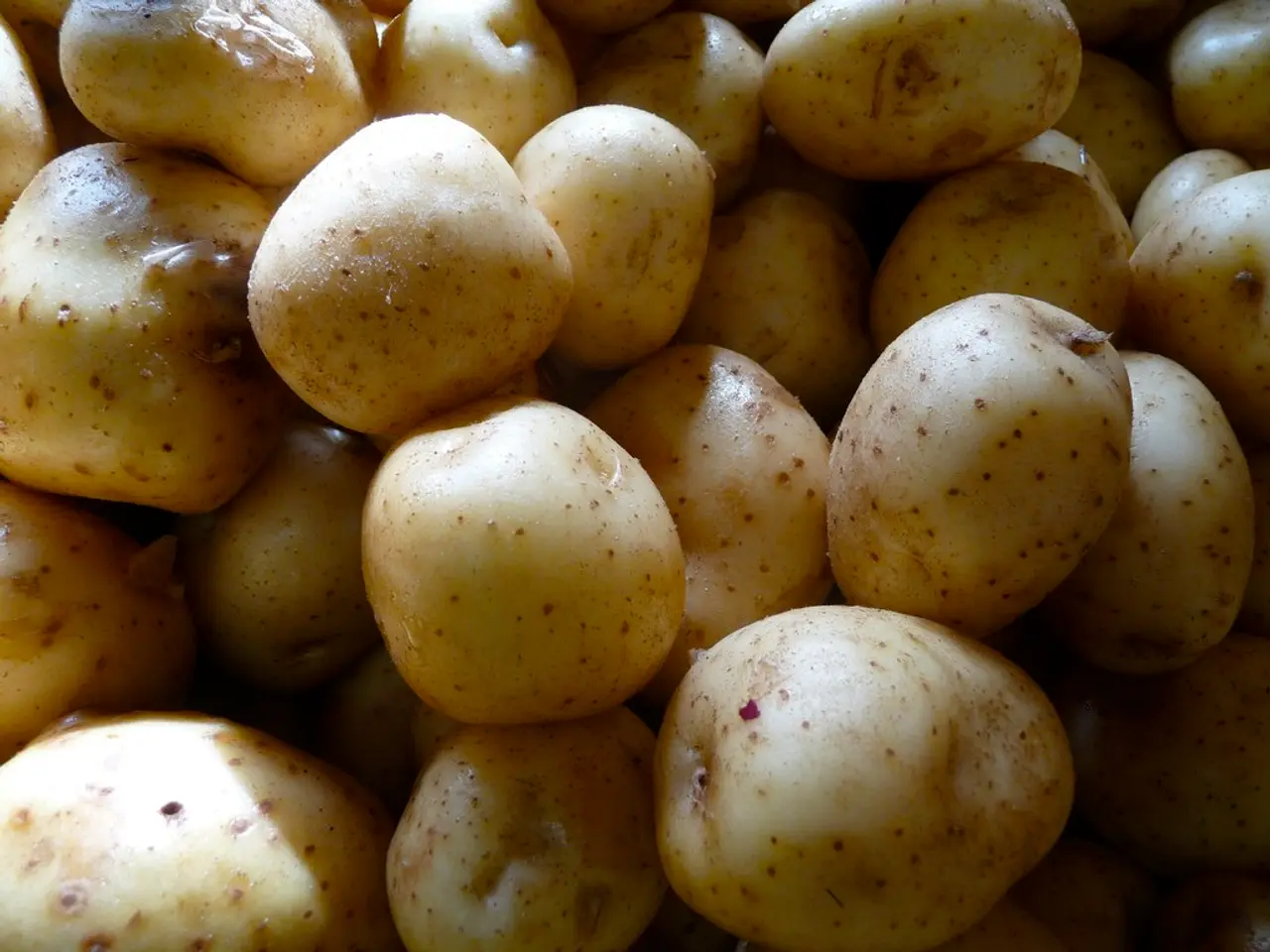Different Types of Potatoes Carry Distinct Impact on Diabetes: While Fried Potatoes Contribute to Diabetes Risk, Mashed and Baked Potatoes Remain Diabetes-Friendly
In a groundbreaking study published in the British Medical Journal, researchers from Harvard and Cambridge Universities have found that the way potatoes are cooked can significantly impact the risk of developing type 2 diabetes.
The study, which involved data from cohort studies conducted in the USA between 1984 and 2021, found that French fries, with their high fat, salt, and calorie content, can raise the risk of type 2 diabetes when consumed regularly. On the other hand, other forms of potatoes, such as boiled, baked, or mashed, do not substantially increase the risk.
The study followed over 205,000 participants of three large US health studies for nearly four decades. The research team conducted a meta-analysis that included data from 13 previous cohort studies on potatoes and 11 on whole grains, covering over half a million people across four continents.
The results showed that replacing French fries with whole grains such as brown rice, bulgur, or whole-grain bread cuts the risk of developing type 2 diabetes by 19 percent. Swapping fries for whole grains could make a real difference in diabetes prevention at the population level.
Interestingly, substituting baked, boiled, or mashed potatoes with whole grains lowers the risk of developing type 2 diabetes by four percent. Swapping any kind of potato for whole grains reduces the risk by eight percent.
Seyed Mohammad Mousavi, lead study author and postdoc researcher at Harvard TH Chan School of Public Health, stated that the conversation is shifting from whether potatoes are good or bad to how they are prepared. He emphasised that potatoes themselves are not inherently harmful and can be part of a balanced diet.
However, the study also found that replacing potatoes in the diet with white rice increases the likelihood of developing diabetes. This finding underscores the importance of making smart food choices and considering not just the food we eat, but how it's prepared and what we replace it with.
Policymakers should pay closer attention to how foods are prepared and what they're replacing, as not all carbs, or even all potatoes, are created equal. The takeaway is simple: potatoes are not the enemy, but watch out for those crispy, tempting fries.
The team hopes future studies will continue exploring how the preparation of different food items influences human health in the long term. This exciting research opens up new possibilities for understanding the complex relationship between diet, health, and disease.
Read also:
- visionary women of WearCheck spearheading technological advancements and catalyzing transformations
- Recognition of Exceptional Patient Care: Top Staff Honored by Medical Center Board
- A continuous command instructing an entity to halts all actions, repeated numerous times.
- Oxidative Stress in Sperm Abnormalities: Impact of Reactive Oxygen Species (ROS) on Sperm Harm








